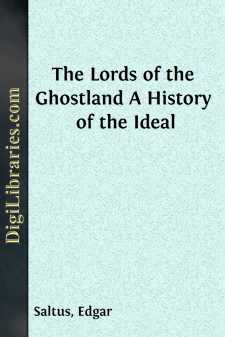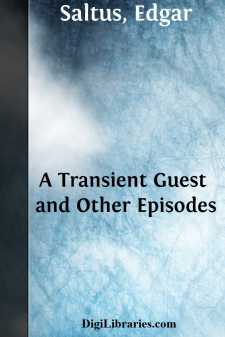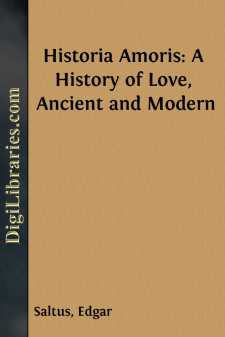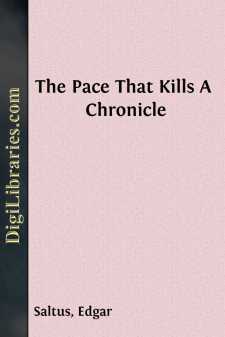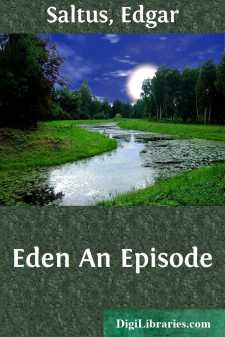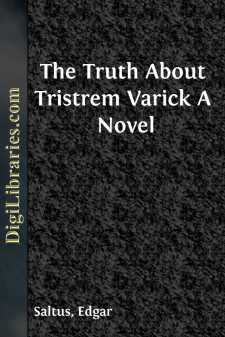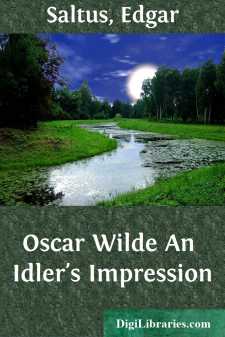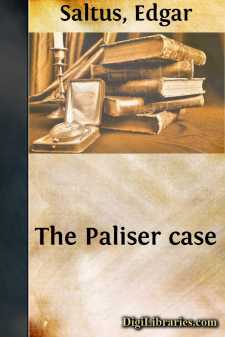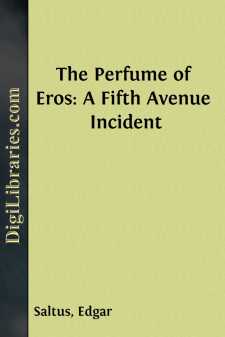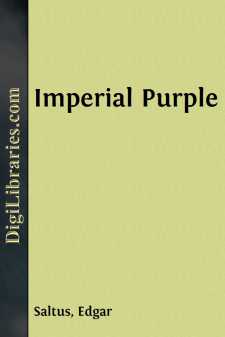Categories
- Antiques & Collectibles 13
- Architecture 36
- Art 48
- Bibles 22
- Biography & Autobiography 813
- Body, Mind & Spirit 142
- Business & Economics 28
- Children's Books 15
- Children's Fiction 12
- Computers 4
- Cooking 94
- Crafts & Hobbies 4
- Drama 346
- Education 46
- Family & Relationships 57
- Fiction 11828
- Games 19
- Gardening 17
- Health & Fitness 34
- History 1377
- House & Home 1
- Humor 147
- Juvenile Fiction 1873
- Juvenile Nonfiction 202
- Language Arts & Disciplines 88
- Law 16
- Literary Collections 686
- Literary Criticism 179
- Mathematics 13
- Medical 41
- Music 40
- Nature 179
- Non-Classifiable 1768
- Performing Arts 7
- Periodicals 1453
- Philosophy 64
- Photography 2
- Poetry 896
- Political Science 203
- Psychology 42
- Reference 154
- Religion 513
- Science 126
- Self-Help 84
- Social Science 81
- Sports & Recreation 34
- Study Aids 3
- Technology & Engineering 59
- Transportation 23
- Travel 463
- True Crime 29
The Lords of the Ghostland A History of the Ideal
by: Edgar Saltus
Description:
Excerpt
THE ideal is the essence of poetry. In the virginal innocence of the world, poetry was a term that meant discourse of the gods. A world grown grey has learned to regard the gods as diseases of language. Conceived, it may be, in fevers of fancy, perhaps, originally, they were but deified words. Yet, it is as children of beauty and of dream that they remain.
"Mortal has made the immortal," the Rig-Veda explicitly declares. The making was surely slow. In tracing the genealogy of the divine, it has been found that its root was fear. The root, dispersed by light, ultimately dissolved. But, meanwhile, it founded religion, which, revealed in storm and panic, for prophets had ignorance and dread. The gods were not then. There were demons only, more exactly there were diabolized expressions invented to denominate natural phenomena and whatever else perturbed. It was in the evolution of the demoniac that the divine appeared. Through one of time's unmeasurable gaps there floated the idea that perhaps the phenomena that alarmed were but the unconscious agents of superior minds. At the suggestion, irresistibly a dramatization of nature began in which the gods were born, swarms of them, nebulous, wayward, uncertain, that, through further gaps, became concrete, became occasionally reducible to two great divinities, earth and sky, whose union was imagined—a hymen which the rain suggested—and from which broader conceptions proceeded and grander gods emerged.
The most poetic of these are perhaps the Hindu. At the heraldings of newer gods, the lords of other ghostlands have, after battling violently, swooned utterly away. But though many a fresher faith has been brandished at them, apathetically, in serene indifference, the princes of the Aryan sky endure.
It is their poetry that has preserved them. To their creators poetry was abundantly dispensed. To no other people have myths been as frankly transparent. To none other, save only their cousins the Persians, have fancies more luminous occurred. The Persians so polished their dreams that they entranced the world that was. Poets can do no more. The Hindus too were poets. They were children as well. Their first lisp, the first recorded stammer of Indo-European speech, is audible still in the Rig-Veda, a bundle of hymns tied together, four thousand years ago, for the greater glory of Fire. The worship of the latter led to that of the Sun and ignited the antique altars. It flamed in Persia, lit perhaps the shrine of Vesta, afterward dazzled the Incas, igniting, meanwhile, not altars merely, but purgatory itself.
In Persia, where it illuminated the face of Ormuzd, its beneficence is told in the Avesta, a work of such holiness that it was polluted if seen. In the Rig-Veda, there are verses which were subsequently accounted so sacred that if a soudra overheard them the ignominy of his caste was effaced.
The verses, the work of shepherds who were singers, are invocations to the dawn, to the first flushes of the morning, to the skies' heightening hues, and the vermillion moment when the devouring Asiatic sun appears. There are other themes, minor melodies, but the chief inspiration is light.
To primitive shepherds the approach of darkness was the coming of death. The dawn, which they were never wholly sure would reappear, was resurrection. They welcomed it with cries which the Veda preserves, which the Avesta retains and the Eddas repeat....


